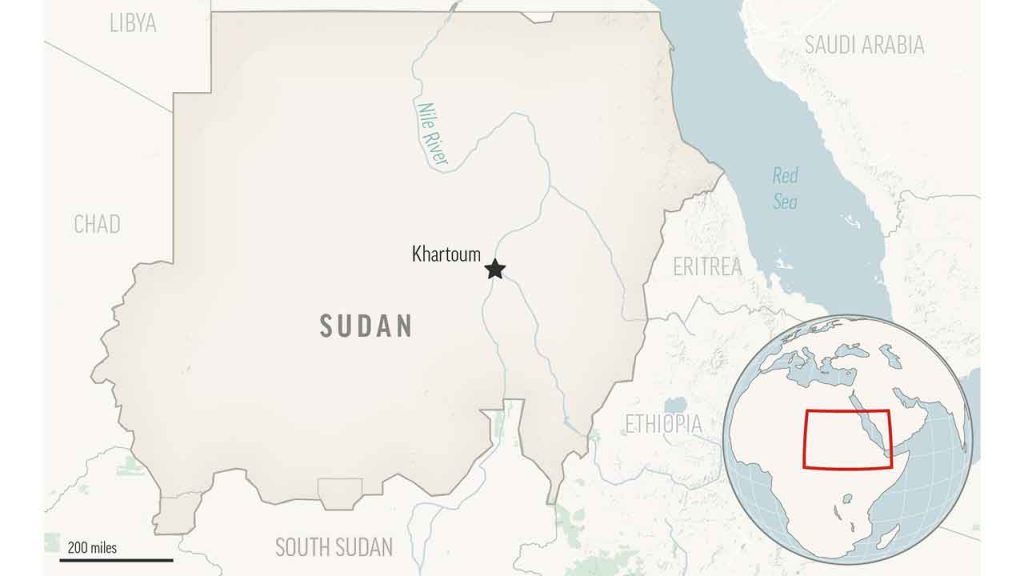The collapse of the Arbaat Dam in Sudan’s eastern Red Sea state resulted in significant devastation, with at least 30 people dead, and possibly more. The U.N. Office for the Coordination of Humanitarian Affairs (OCHA) reported that heavy rains led to the dam’s collapse, impacting around 70 villages in the surrounding area. Numerous homes were destroyed or damaged, leaving 50,000 people in urgent need of food, water, and shelter. Extensive damage to infrastructure, including schools and water boreholes, has further complicated recovery efforts.
The flooding in Sudan this month has affected over 317,000 people, with 118,000 individuals displaced as a result. This crisis has aggravated the already dire humanitarian situation in the country, which has been embroiled in a war for the past 500 days. The conflict between the Sudanese Armed Forces and the Rapid Support Forces has caused widespread destruction, resulting in thousands of deaths and the displacement of over 10 million people. The ongoing war has severely strained resources and infrastructure, leaving many vulnerable individuals without access to vital services such as healthcare.
Medecins Sans Frontieres (MSF) highlighted the failure of international humanitarian organizations to adequately respond to Sudan’s escalating medical needs during the war. MSF criticized the lack of substantial assistance provided to address issues such as child malnutrition and disease outbreaks. Moreover, the restrictive measures imposed by the warring parties have hindered the delivery of essential aid to those in need. CARE’s Sudan country director echoed concerns about the decimation of the healthcare system due to the conflict, leaving many without access to critical medical services.
The repercussions of the war in Sudan are far-reaching, with over 75% of healthcare systems destroyed since the conflict began. The World Health Organization has underscored the devastating impact of the war on the country’s healthcare infrastructure. Amidst the ongoing humanitarian crisis, the collapse of the Arbaat Dam further exacerbates the challenges faced by communities in Sudan. Immediate assistance is required to address the urgent needs of those affected by the flooding and to support the recovery and reconstruction efforts in the region.
As the international community grapples with the fallout from Sudan’s long-standing conflict, there is an urgent need for coordinated efforts to provide essential aid and support to vulnerable populations. The lack of sufficient response to the escalating crisis in Sudan underscores the importance of global solidarity and cooperation in addressing humanitarian emergencies. Ensuring access to vital resources, including food, water, and healthcare, is paramount to mitigating the impact of the war and rebuilding the affected communities. It is imperative that humanitarian organizations, governments, and other stakeholders work together to address the pressing needs of the Sudanese population and pave the way for a sustainable and inclusive recovery process.


